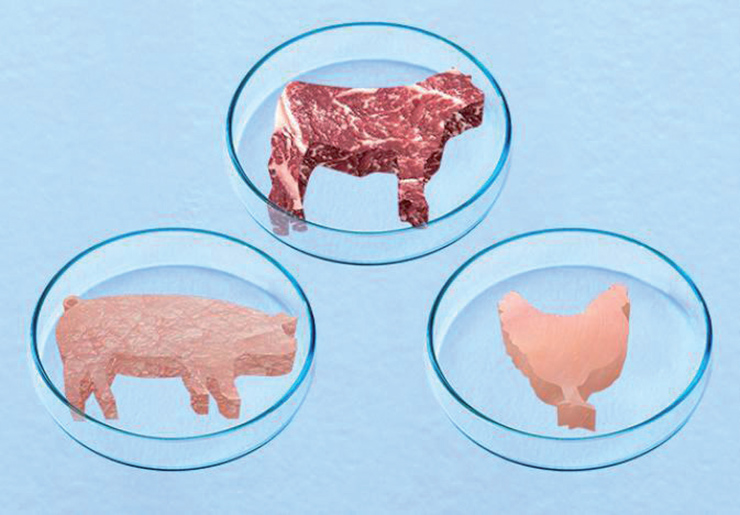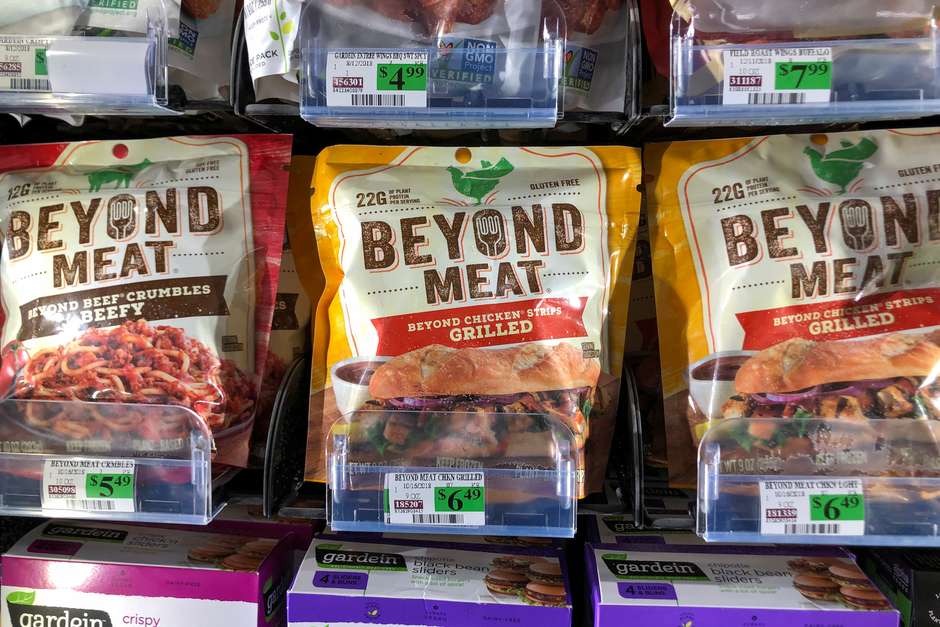RIO DE JANEIRO, BRAZIL – Laboratory-grown meat, first introduced to the world six years ago in the form of a US$280,000 (R$1.1 million) hamburger, may reach supermarket shelves for US$10 a piece in two years, European companies told Reuters.

Consumers concerned about climate change, animal welfare, and their own health are stimulating interest in so-called clean meat. As a result, the number of new startups rose from four at the end of 2016 to more than twenty, two years later, according to a market study by the Good Food Institute (GFI).
The vegetable meat alternative is also growing. Beyond Meat’s shares have more than tripled in value since its initial public offering in May. Beyond Meat and Impossible Foods have sold 100 percent of their vegetable meat to retailers and fast food chains in the United States. In Brazil, groups such as Superbom, Fazenda Futuro, and JBS giant Seara are also investing in the sector.
Meat grown from animal cells may be next on the menu, as their producers seek regulatory clearance while improving technology and reducing costs.
Mark Post, a co-founder of the Dutch company Mosa Meat, developed the first grown meat hamburger in 2013 at the cost of US$280,000, financed by Google’s co-founder Sergey Brin. However, Mosa Meat and Spain’s Biotech Meats say production costs have plummeted since then.
“The hamburger was that expensive in 2013, because at the time it was new science, and we were producing on a very small scale; as production increases, we projected that the cost to produce a hamburger would be around nine euros,” Mosa Meat’s spokesman told Reuters, adding that it could be even cheaper than a conventional hamburger in the future.
Mercedes Vila, the co-founder of Biotech, also emphasized the importance of moving from the laboratory phase to the factory. “Our goal is to achieve large-scale production and regulatory clearance by 2021,” said Vila.
She added that the cost of producing one kilogram of laboratory-grown meat is about €100, significantly less than the US$800 quoted a year ago by Future Meat Technologies, an Israeli biotechnology company that received funding from US meat processor Tyson Foods.


